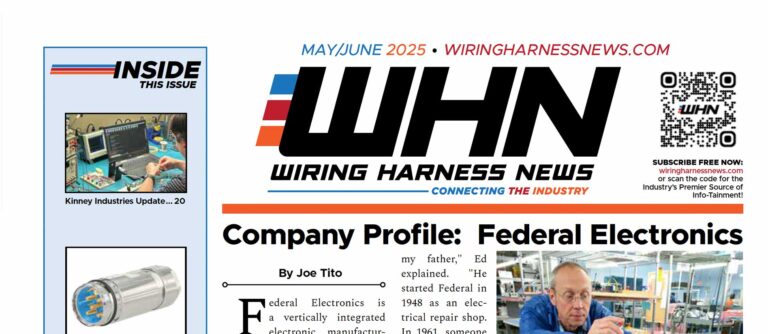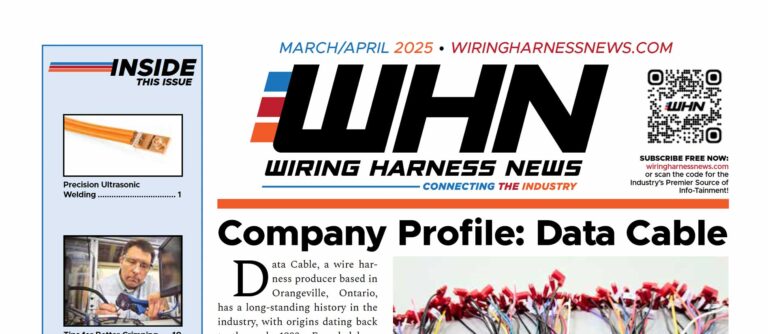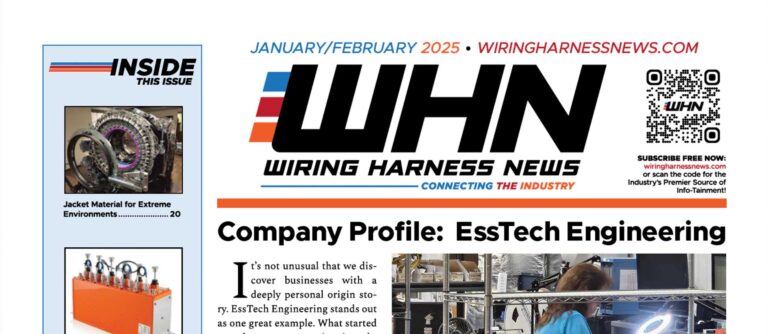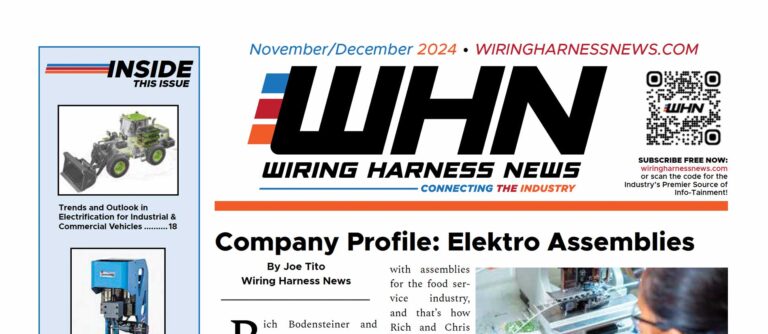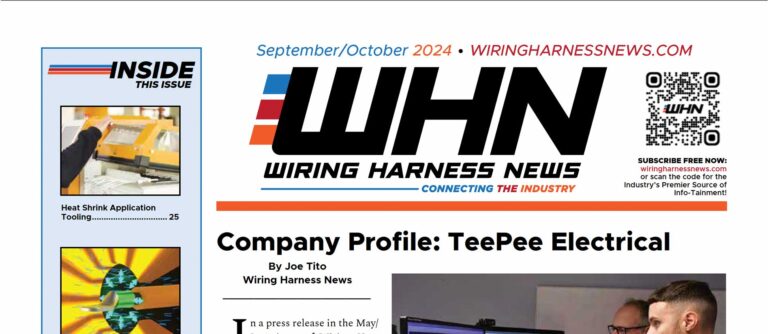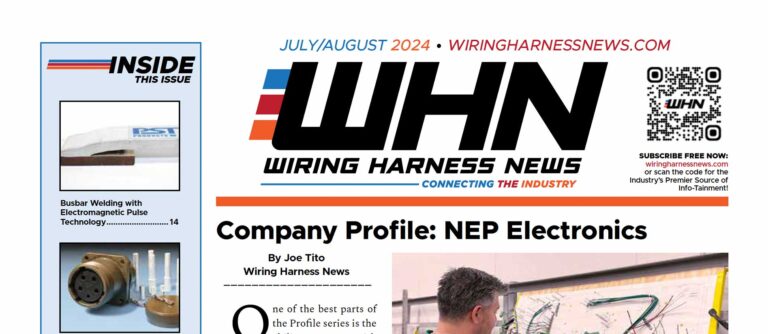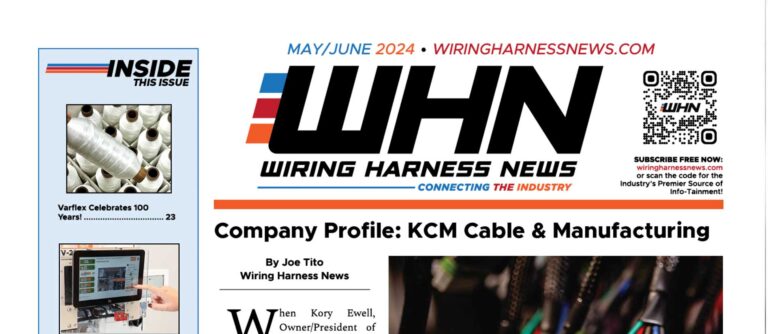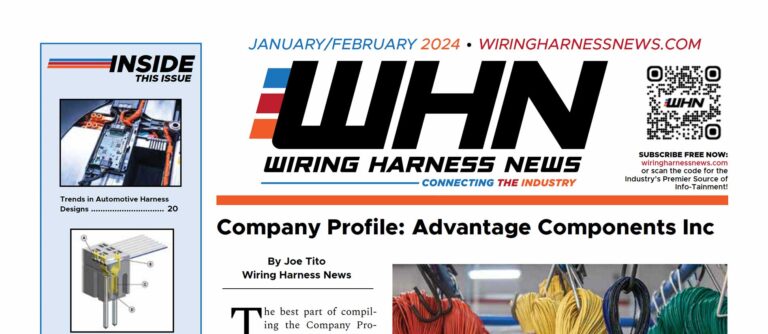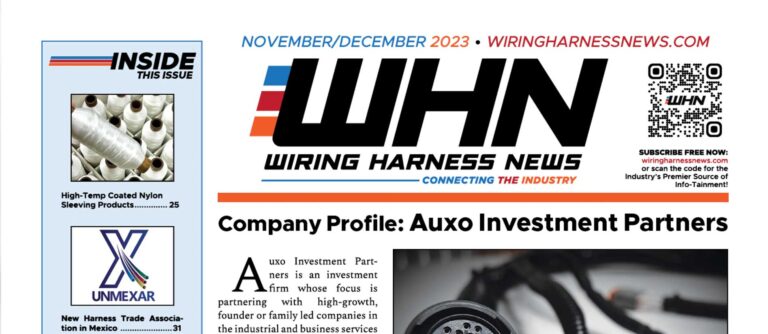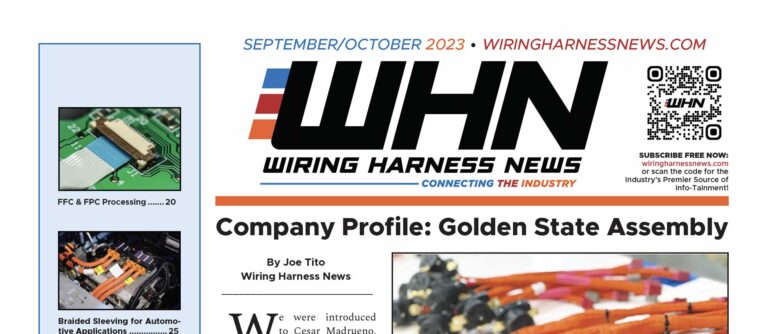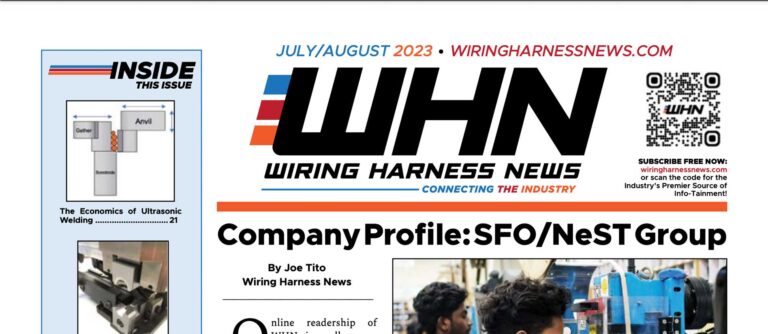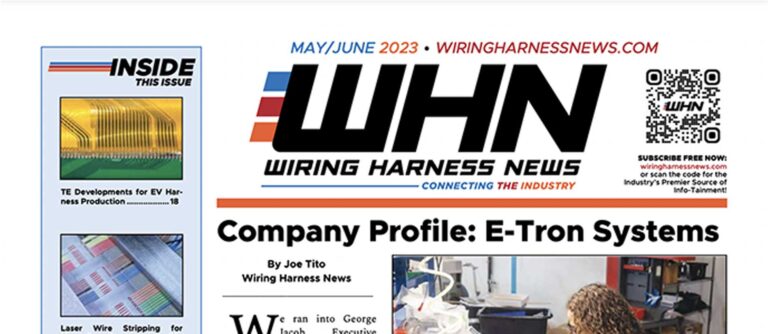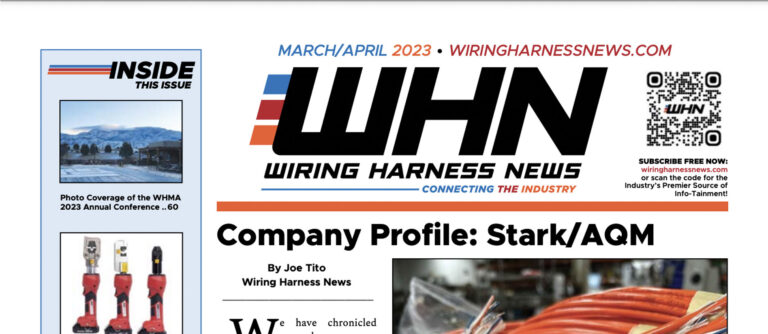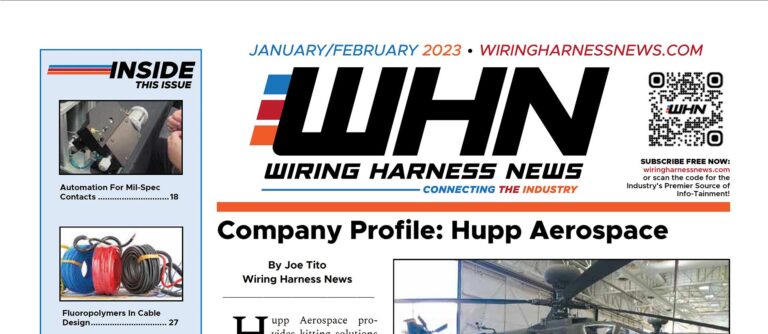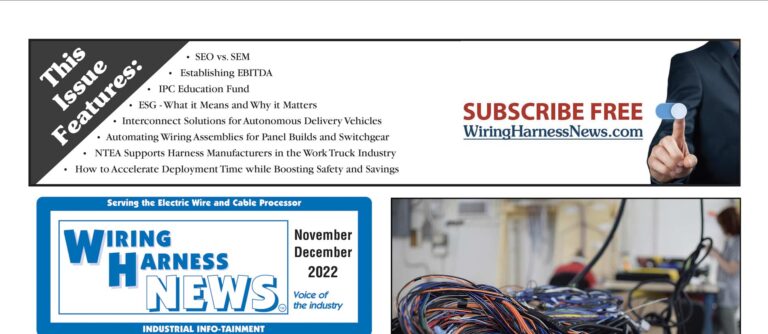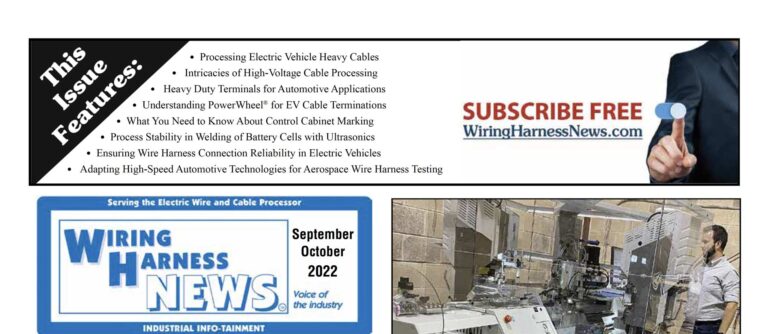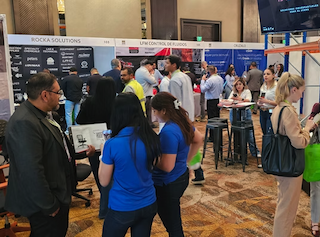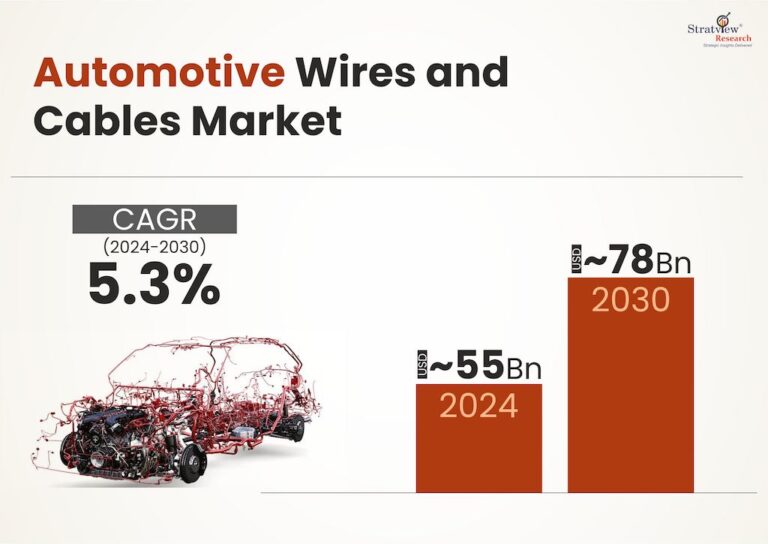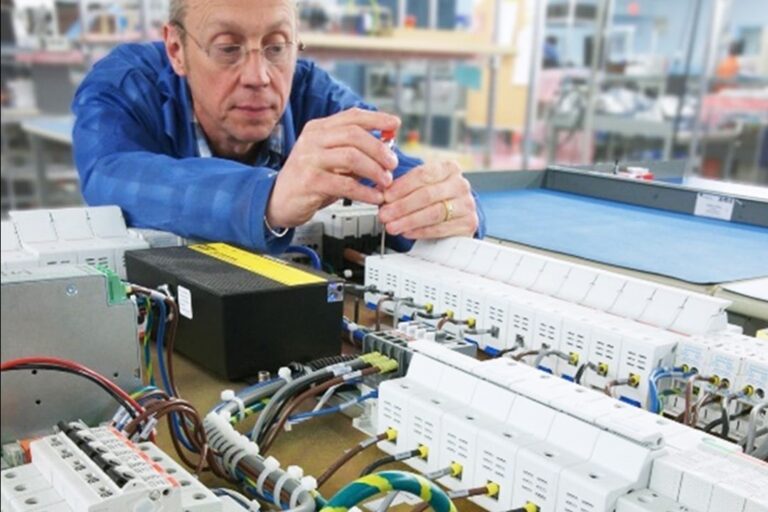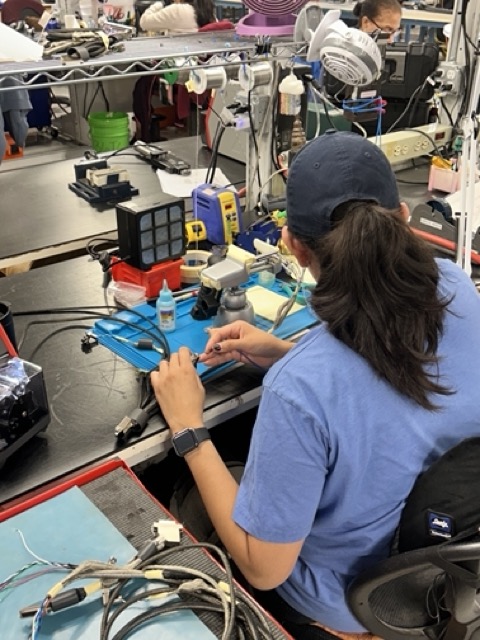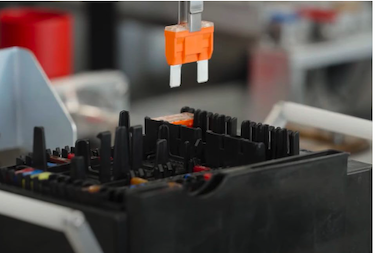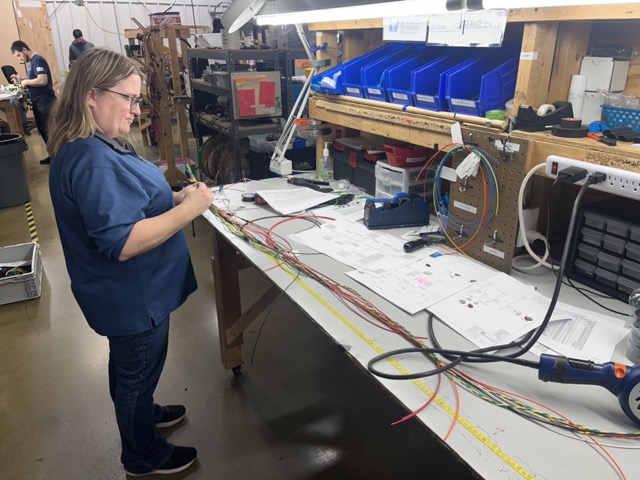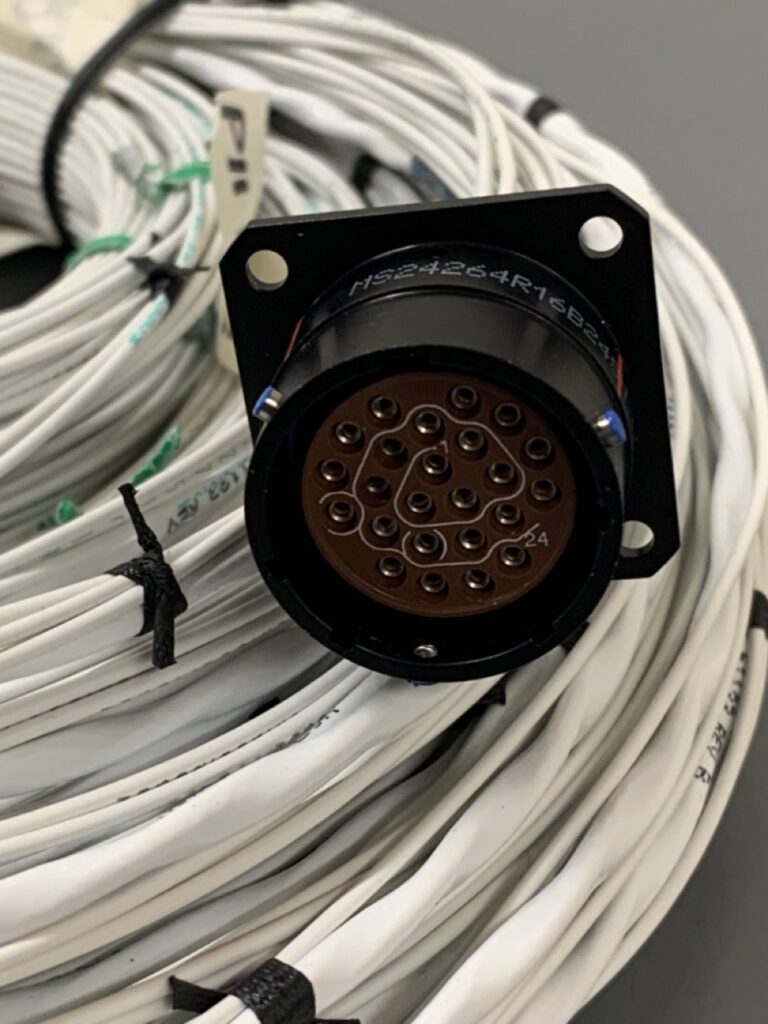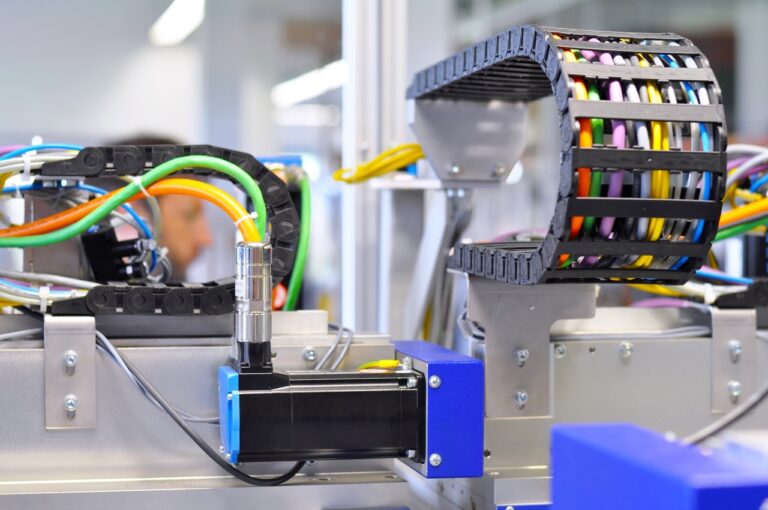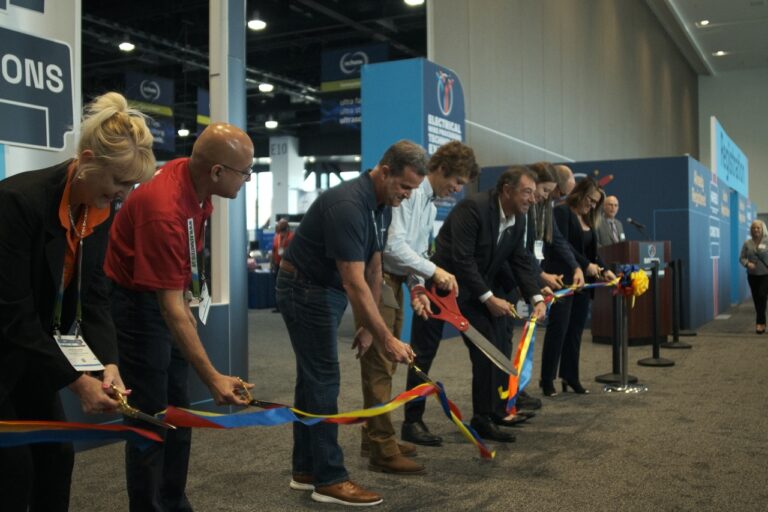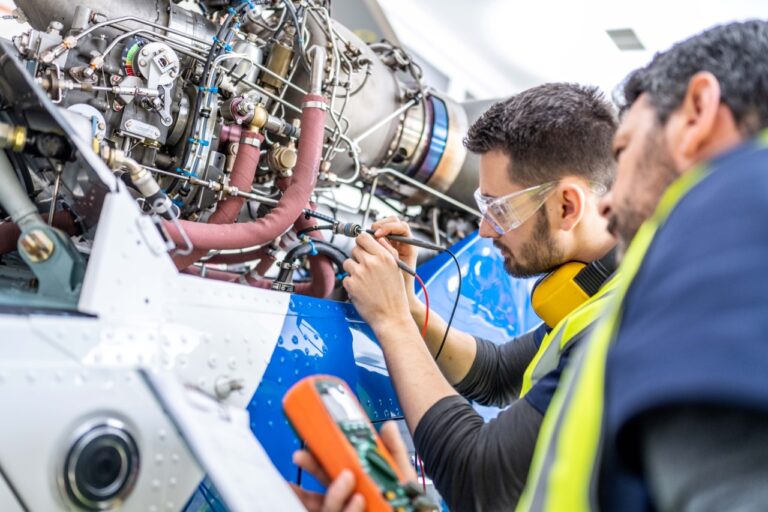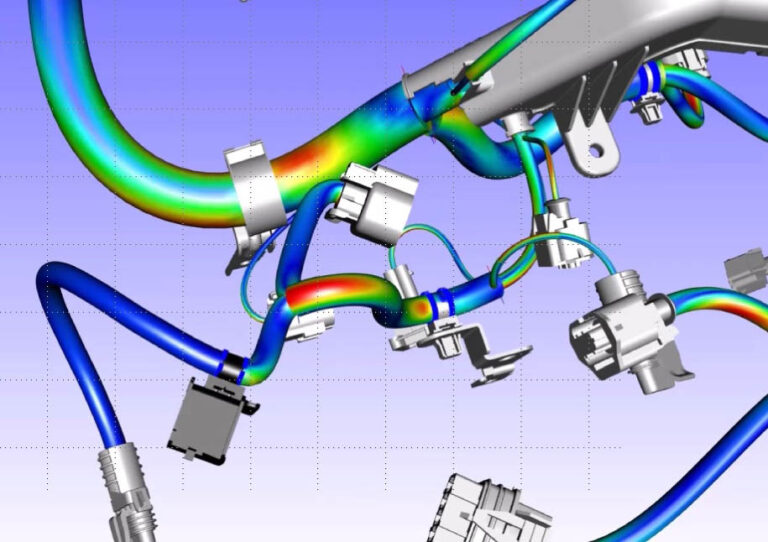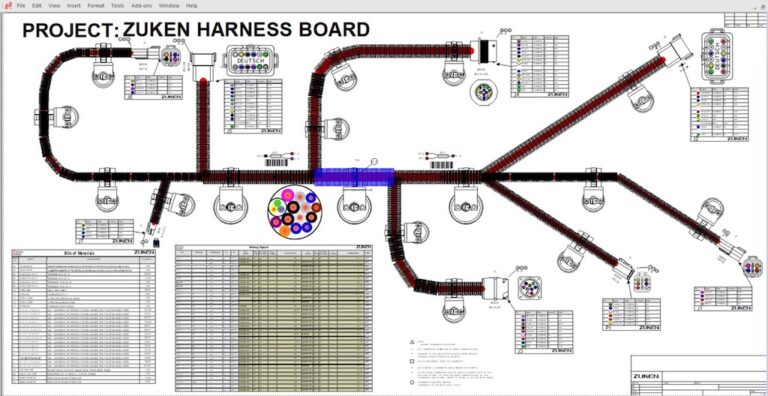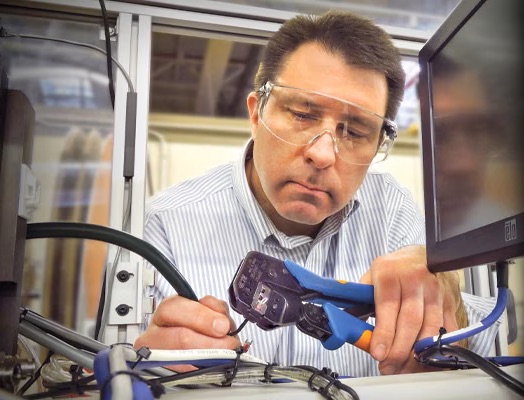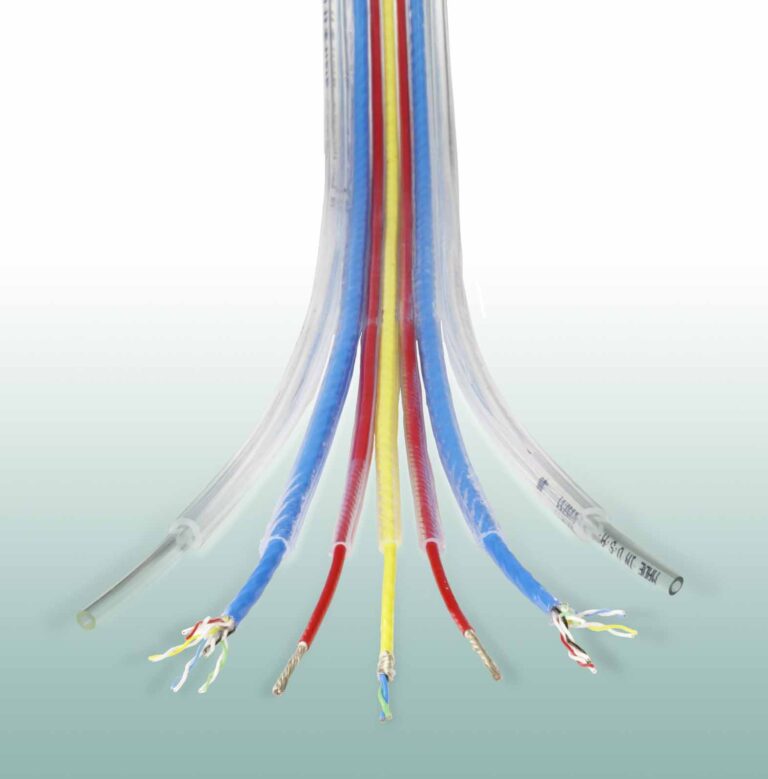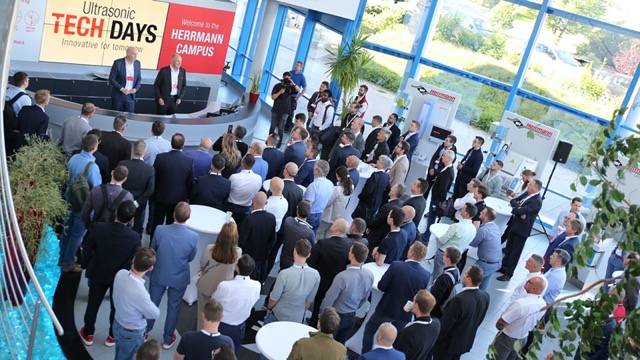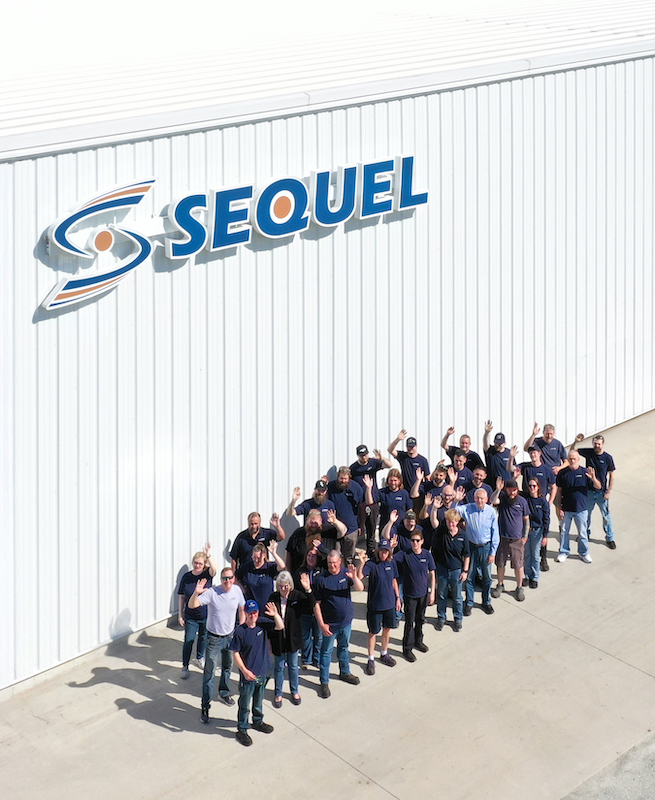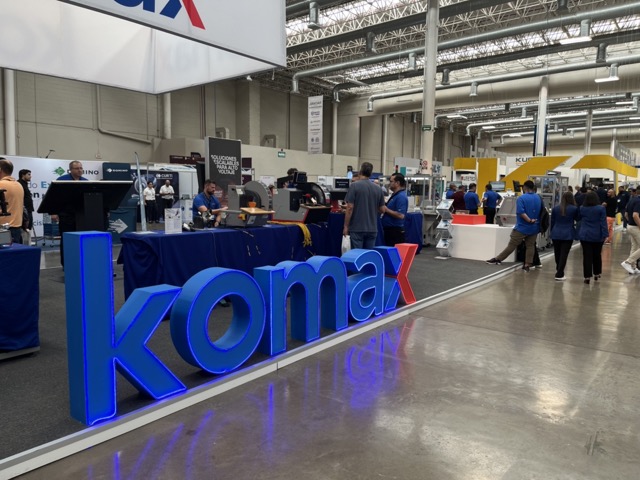Pushing the reset button
By Paul Hogendoorn
I write this column as I enjoy 14 days of self-isolation. It is a forced (and not entirely unwelcomed) “pause” that has given me much time for reflection. It’s sort of like pushing the reset button.
Its been sometimes said that “a crisis is too valuable a thing to waste”, or words to that effect. Crises always come at a very high cost, but we seldom look to extract the highest value that can come of them. A couple of days into my 14 day pause, I took the time to watch the movie “Eric Clapton: Life in 12 Bars”. It struck me that it took the biggest crisis in his life to change his life’s trajectory. It came at a very high cost – a cost that no one would want to pay, the death of his four-year-old son. His friends that had watched him through many a smaller crisis believed that this one would be the one that ultimately defeated him. But it didn’t; it set him on an entirely different trajectory, and he arrived at an outcome he wouldn’t have otherwise arrived at. It took a crisis, and it required making a determined choice.
And so, it will be with the current crisis. The cost will be very high and the trajectory of a lot of businesses will be altered. The outcome they arrive at will be to a large degree affected by the decisions and choices they make. Some are just aiming to survive it, and of those, some will and some won’t. Some will be aiming to get back to where they once were and to recapture lost ground and momentum. But there will be some others that recognize the present situation presents an opportunity to do things they otherwise wouldn’t do and make decisions they otherwise couldn’t make. They get the chance to alter their trajectory.
What keeps companies from making these kinds of trajectory changing choices? I suspect it is because they are either modestly successful, or they are moderately failing – they are just managing to avoid complete failure. It takes a tremendous amount of desire, and courage, to abandon a comfortable position of moderate success. It is equally hard to let go of a failing situation, if you are somehow managing to hold on and survive. And that’s why a crisis is often a very valuable thing. We are forced to make a choice: simple survival, return to status quo, aiming for something else, or charting out a new route to get to where you are aiming to go.
Crises also have the effect of bringing out the best in people. (The worst too – like hording toilet paper, of all things). Its a good time to assess your people and see who you want to go into battle with. Character, dedication, and their response to the vision, will all be clearly evident. Who rallies to the cause, and who rallies to their own cause? A crisis is a defining moment, not just for the company, but for individuals themselves.
Every company is different, and their response to this current crisis will be different too, but every company has the opportunity to assess at least a few things they can do to make their company better. The three most common conversations I have had with manufacturers before this crisis were about the challenge of digitizing their work flow, gaining visibility into their production condition in real time, and the need to make their factories and jobs more attractive to a younger work force.
The first two topics fall squarely into the “Industry 4.0” conversation. Perhaps this crisis is the singular event that causes many companies to actually take a first, concrete step. It doesn’t have to be big, and it doesn’t have to go plant wide, but it just has to be something tactile – something that gives everyone confidence that bigger steps can be taken and bigger plans should be made. The last topic however, is key, and needs to be considered inside or outside of the Industry 4.0 conversation. The manufacturing industry has been aware of a looming skills and labour shortage as the current generation retires and the uptake for their jobs by the new generation is unenthusiastic. The Coronavirus crisis will exasperate this problem as the older generation will reassess what is truly important in their lives and many will opt to retire even earlier. Unfortunately, the way to address this problem is not by trying to change the younger workforce to fit our factories and jobs, it has to be by changing our factories and jobs to fit the next generation of workers. Our employment model hasn’t really changed since the later 60’s, 70’s and early 80’s, although technology has. It is time to push the reset button, and put our focus back on our people. And sometimes, it takes a good crisis to make it happen.


